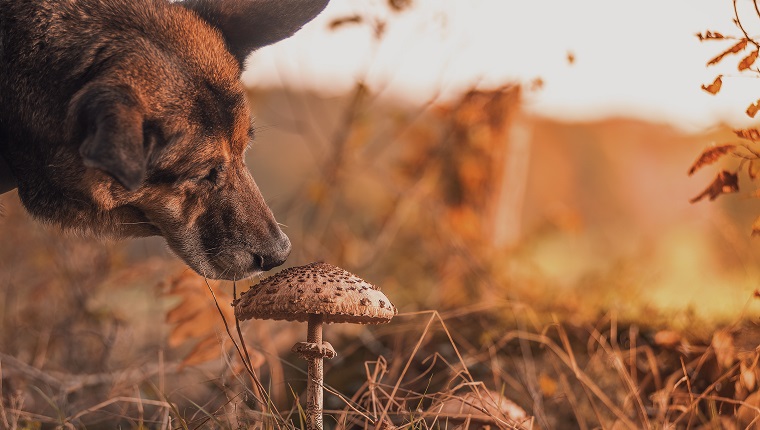On September 20th, 2021, Teresa Gibson of Holly Springs, North Carolina took her dog Cash to the vet after he ingested mushrooms from her backyard. The next day, she had to put him down. She reported the incident to WRAL.com in hopes of…


On September 20th, 2021, Teresa Gibson of Holly Springs, North Carolina took her dog Cash to the vet after he ingested mushrooms from her backyard. The next day, she had to put him down. She reported the incident to WRAL.com in hopes of…



